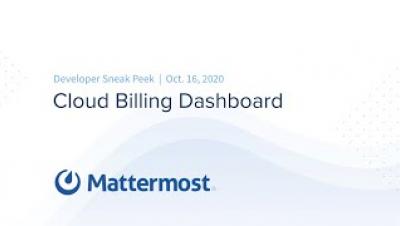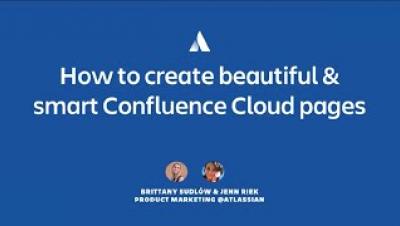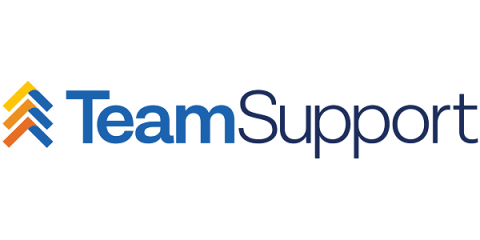Teams | Collaboration | Customer Service | Project Management
Technology
Introducing Mattermost Cloud
I’m very excited to announce the general availability of Mattermost Cloud starting today. The new offering brings Mattermost’s industry-leading open-source, self-managed collaboration platform to the cloud as a SaaS platform.
Assessing your Apps for Cloud Migration
Dev Sneak Peeks | Cloud Billing Dashboard
11 Best Business Intelligence Tools for Small Businesses
Today, we all have access to data, and growing businesses can’t afford to make decisions on incomplete information and gut-feeling. But data alone isn’t enough – we need a way to turn data into insight. That’s why every business needs a business intelligence tool. But what are business intelligence tools? Business intelligence tools are used to access and analyze sets of data and present findings to provide users with a detailed overview of the state of the business.
How to simplify reporting with Asana
As a team lead, sharing regular status updates and progress reports with project stakeholders and executives is all in a day’s work. That’s because reporting is an essential part of communicating impact, getting ahead of potential pitfalls, and highlighting wins. The problem is, too many team leads spend too much of their time gathering the facts and figures needed to show where work stands.
How to build beautiful and smart Confluence Cloud pages
Asana tips: How to easily report on data and measure progress
At Asana, we’re big fans of reducing work about work—that pesky 60% of our workday that we spend on rote or duplicative tasks. Think of every time you’ve searched a document for a specific data point, spent precious time chasing for the right stakeholder or approver, or sat through a status meeting that could have been a written report. For team leads, reporting on work and sharing progress metrics is just another facet of work about work.
How we manage deployment with Freshworks Cloud Platform
Kubernetes is said to be the platform to build platforms on. In Freshworks’ case, this is very true. Once Kubernetes established itself as the de-facto container orchestration platform, we set out to create a platform around it with certain very specific capabilities in mind. Kubernetes is a complex beast and takes some effort to tame. Once that is done, there are tremendous advantages.
Part 2: How Artificial Intelligence Is Affecting the B2B Customer Support Sector
The main focus of B2B companies is to offer unmatched support to their customers. Failing to do so will increase the likeliness of customer churn and also damage their reputation.That’s why an increasing number of businesses are leveraging AI every year to enhance their brand and provide a level of support required to stay competitive. In Part 1 of this series we introduced the first two of five ways AI is impacting the B2B customer support sector. Here are next three ways.











